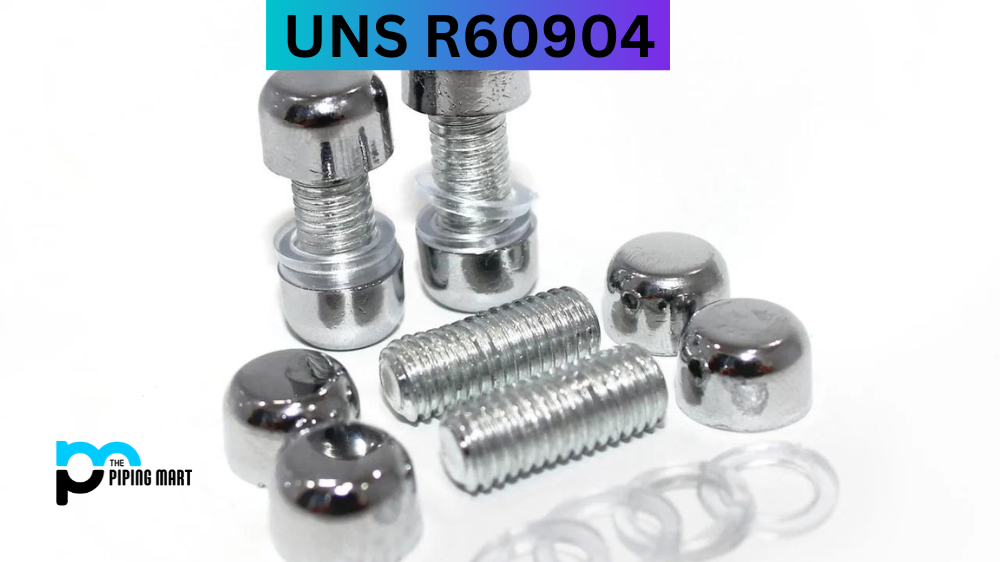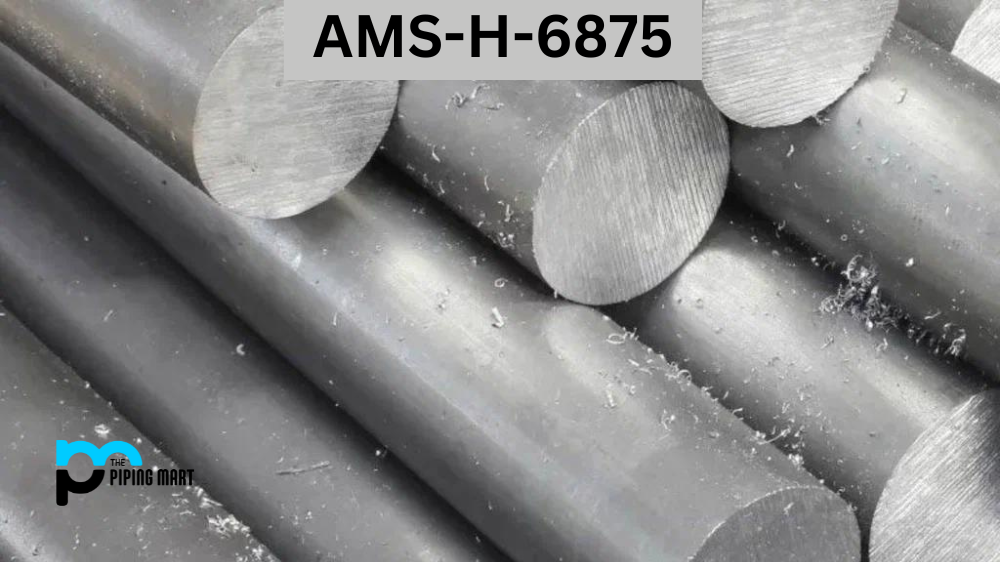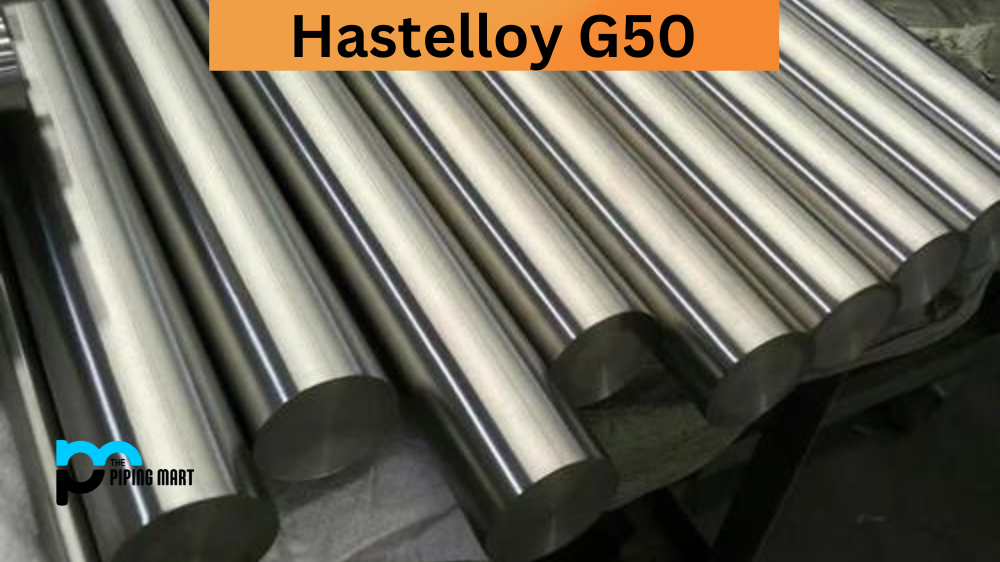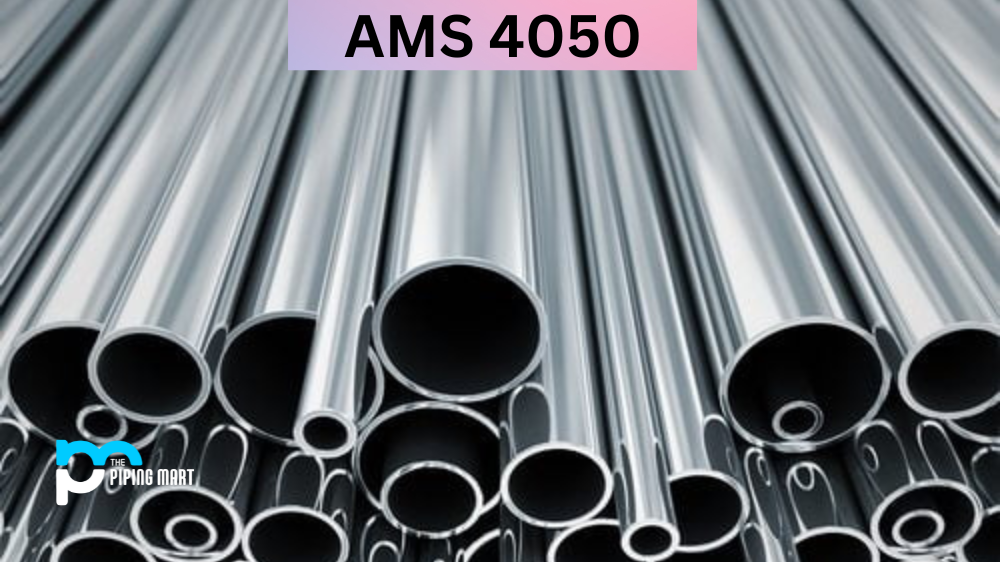UNS R60904 is a grade of titanium alloy that has attracted attention in various industries because of its unique properties that make it suitable for multiple applications. If you’re interested in learning more about this alloy, you’ve come to the right place. This blog post discusses the composition, physical and mechanical properties, uses, hardness, heat treatment, welding, and corrosion resistance of UNS R60904.
R60904 Composition
UNS R60904 is a titanium alloy composed of 94.5% titanium, 3% aluminium, 2.5% vanadium, and 0.05% palladium. This alloy has a high strength-to-weight ratio and excellent corrosion resistance, making it ideal for many applications.
R60904 Physical Properties
The physical properties of UNS R60904 include a density of 4.43 g/cm3, a melting point of 1678°C, and a thermal conductivity of 6.7 W/mK at room temperature. It also has a low coefficient of thermal expansion, which means it can withstand thermal cycling without cracking.
R60904 Mechanical Properties
UNS R60904 has excellent mechanical properties, including high strength and toughness. Its tensile strength is between 800-1000 MPa, while its yield strength is between 550-700 MPa. The elongation at break is around 15%, and the modulus of elasticity is 110 GPa.
R60904 Uses
UNS R60904 is commonly used in aerospace and marine applications due to its high corrosion resistance and strength-to-weight ratio. It’s also used in medical implants, chemical processing equipment, and sports equipment such as golf clubs and bicycle frames.
R60904 Hardness
The typical hardness of UNS R60904 is around 300-350 Brinell, which is relatively high compared to other titanium alloys. However, this alloy can be hardened further through heat treatment or burnishing.
R60904 Heat Treatment
UNS R60904 can be heat treated to improve its strength and hardness. Annealing at 600-900°C can reduce the alloy’s hardness, while solution treatment at 900°C followed by quenching can increase its strength.
R60904 Welding
UNS R60904 can be readily welded using conventional methods such as TIG, MIG, or plasma arc welding. However, avoiding contamination from other materials during welding is important, as this can affect the alloy’s corrosion resistance.
R60904 Corrosion Resistance
UNS R60904 has excellent corrosion resistance, especially in seawater and other chloride-containing environments. This makes it an ideal material for marine and offshore applications and chemical processing equipment that comes into contact with corrosive substances.
Conclusion
UNS R60904 is a titanium alloy with exceptional properties, making it a valuable material for various applications. This blog post discusses its composition, physical and mechanical properties, uses, hardness, heat treatment, welding, and corrosion resistance. Whether in the aerospace, marine, medical, or sports industry, UNS R60904 could be the material you need for your next project.
Meet Heer, a dynamic and driven writer learning tricks of her trade in the metal industry. With a background in Digital Marketing, Heer brings a unique perspective to her writing, sharing valuable insights. Apart from blogging she like reading and hiking.




